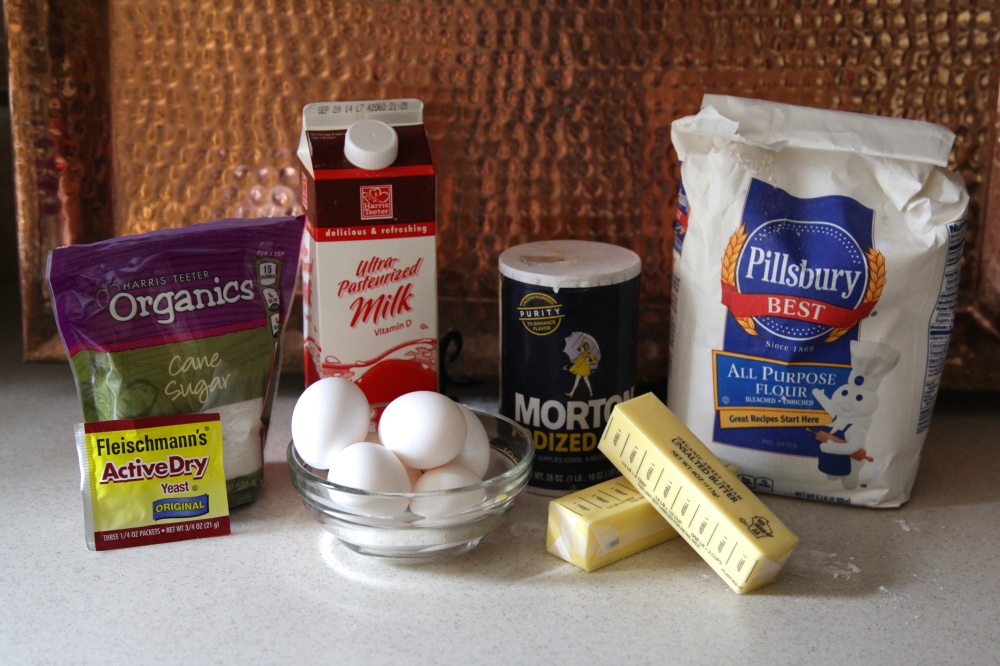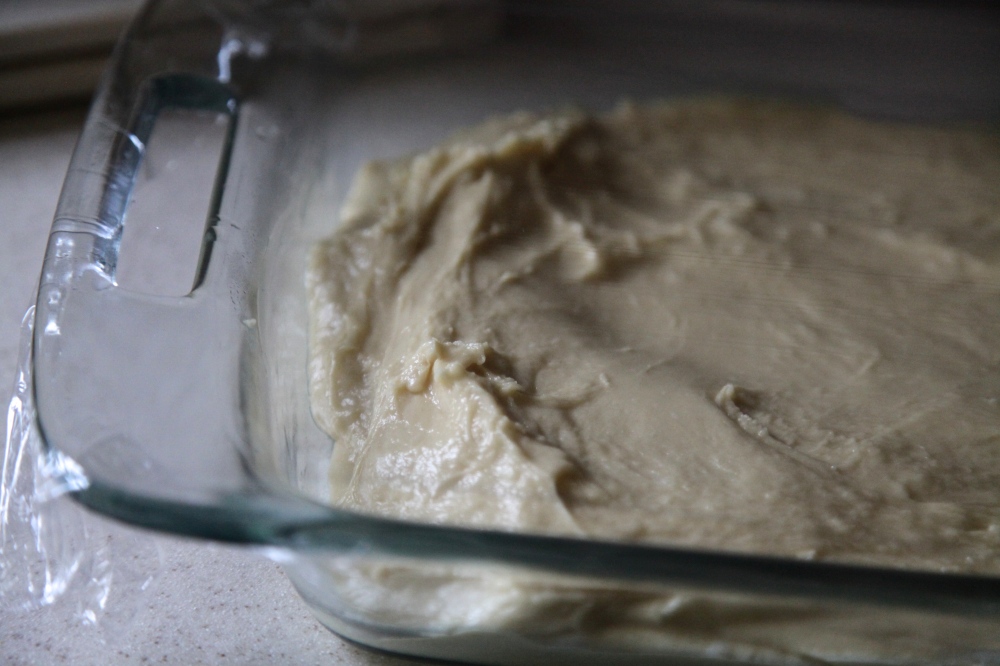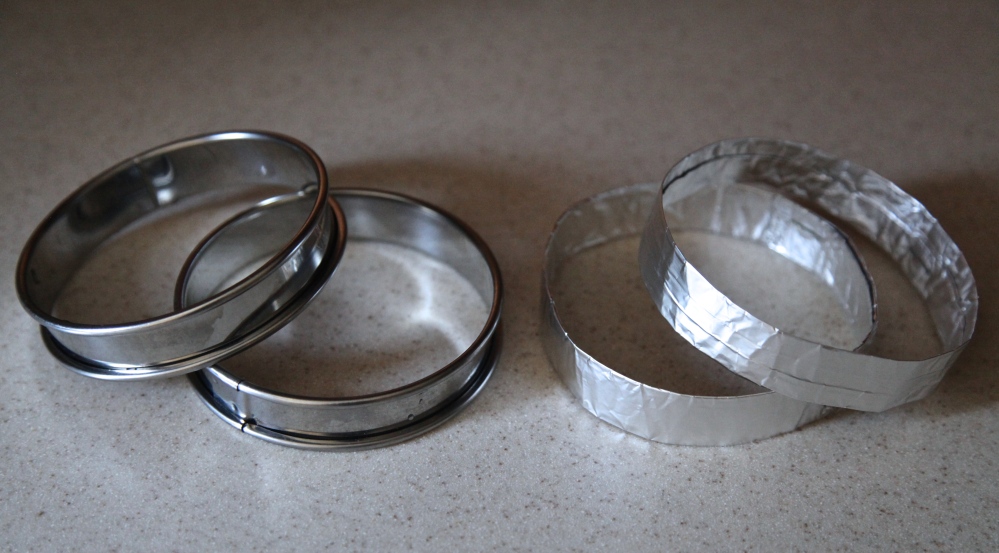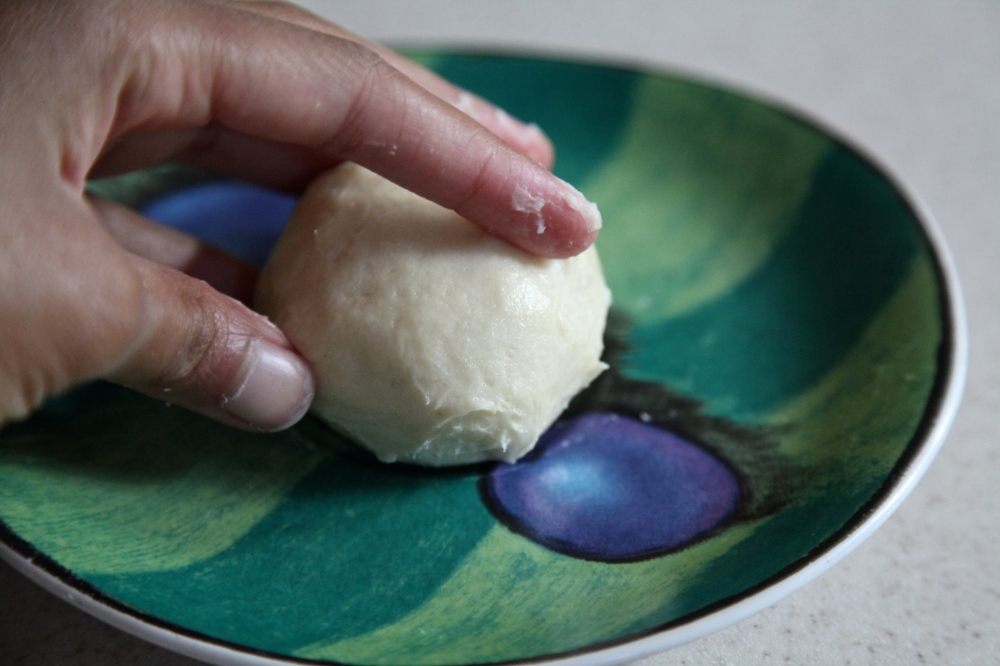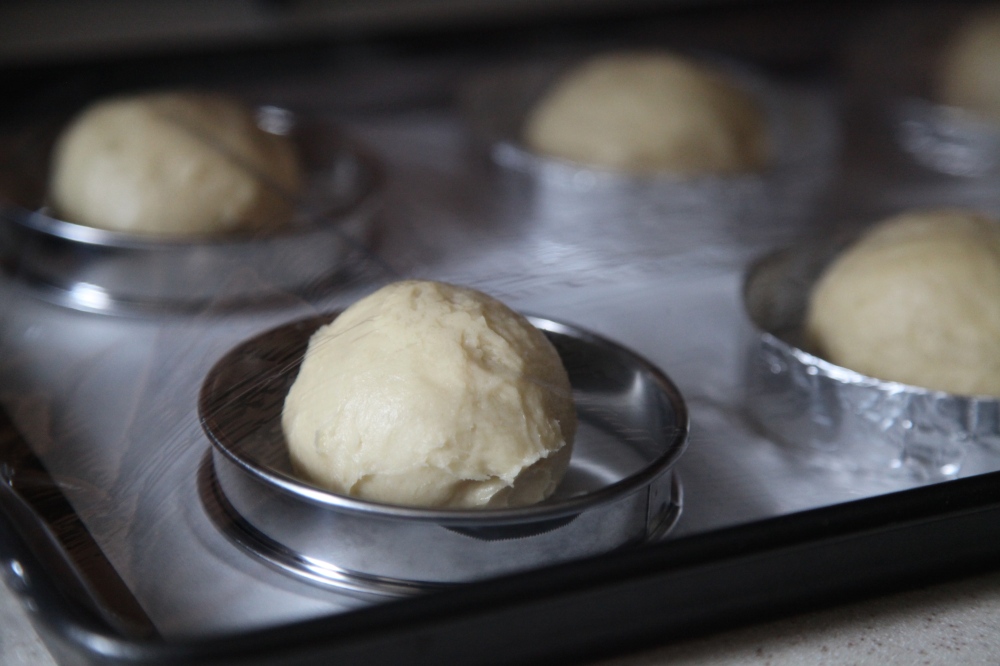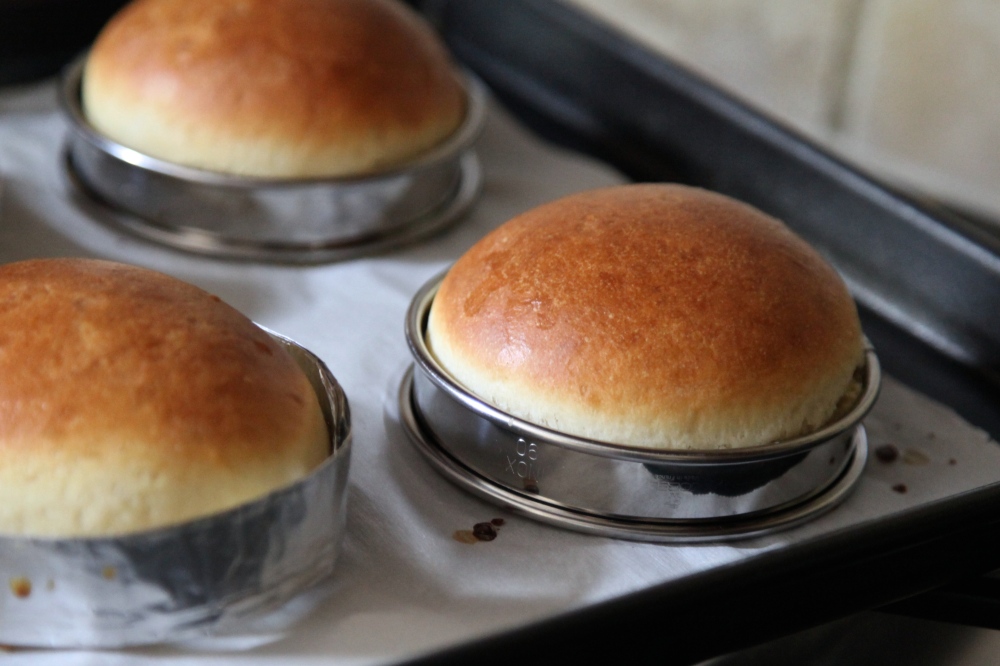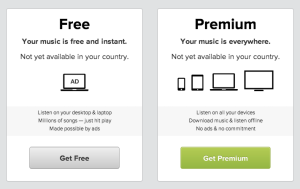I Was a [Black] Girl in a Crowd of White Girls in the Park
For the past decade, my default genre of music has been what my friend’s ex-boyfriend has labeled Sad Man with a Guitar Music. At about 14, my first concert was The Fray (MuteMath as the opener), and possibly my biggest regret from high school was going to prom instead of a Dave Matthews show.
After those teenage years, my concert attendance continued down the same track as my preferences grew into themselves. Sometimes it was sad man with a banjo music. Sometimes sad man with a piano.
In Seoul back in 2014, I saw James Blake (sad man with a piano and synthesizer) as a part of Uniqlo’s concert series on the Han River. Also playing that series was Daughter (sad woman with a guitar), but as I’d be attending that concert alone, in a foreign country, on Valentine’s Day, I decided against it, predicting the show would produce too many feels.
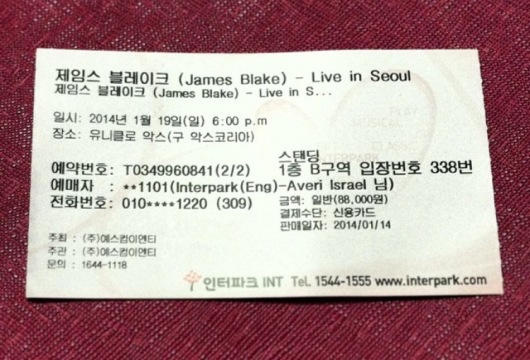
This summer in New York, when she found out she could no longer attend, a girl from my church gave me two floor tickets to see Daughter and The National at Forest Hills Stadium. Sweet, I think. Two of my favorite sad people with guitar bands! This will certainly make up for the show I skipped in Seoul. And under the stars? Yes! Give me life!
The concert was bizarrely early (6:30pm?), so I rushed straight to Queens from work. Walking into the stadium I acknowledged what I foreknew would be the truth: no other black people to be seen. Even in New York City — one of the most diverse metropoles on the planet, with most every show of this genre, I typically find myself to be the only person of color– and certainly the only black woman– at least within eyesight. [1]
Daughter stepped onstage to a sparse crowd, many attendees — like the friend who was meeting me there– still at work. In a sick twist of fate, my friend never showed, and I listened to the full sad woman with a guitar set on my own, just like I would have in Seoul, because life is sooo funny like that. The feels ensued.
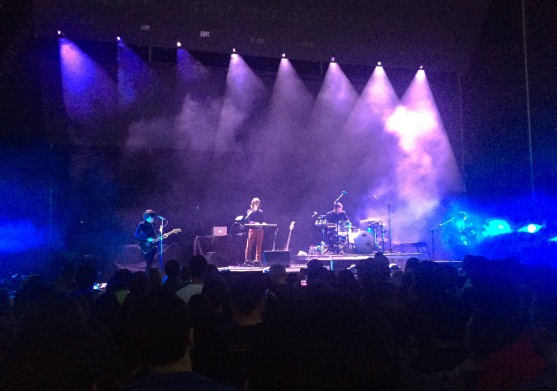
In the 45 minute transition between Daughter and The National, I frequently scanned the crowd, thinking I’d find my friend and we’d be united, but to no avail. In these scans, I definitively concluded, from what I could make out, in the venue that seated about 14,000, there was one other black person present and one Asian guy. (I’m sure we weren’t actually the only minorities there, but from what I could see…)
Then, The National. The stadium, now packed, roared with the hollers of early-thirties, early forties, New York, glasses-wearing liberals. These were true fans. As the music pulsed, they sang every lyric. Onstage, guitars swung under the rad lighting design, and after the first couple songs, I remember thinking, I have to attend the next tour; this is wild.
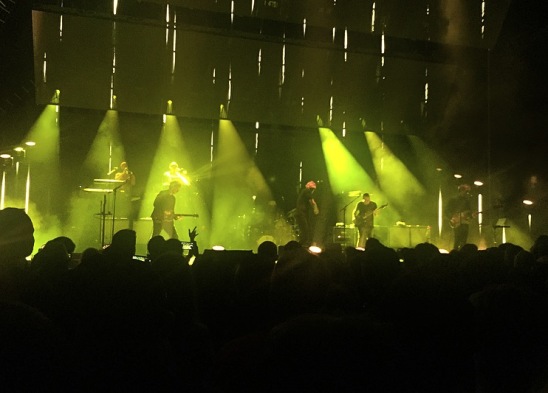
Frontman Matt Berninger was a real performer. Every now and then, he’d pause to make political remarks about how we needed to win back the country from the incompetent current administration. After one such comment, he said something about the president being “the d***” who stole Joey Ramone’s girlfriend and launched into a Ramones cover. A Ramones cover of “The KKK Took My Baby Away.”
The Ramones aren’t exactly sad man with a guitar music; they have a bit too much, shall we say, angst? So, I was unfamiliar with the lyrics of the song. I kind of just bobbed there in disbelief because, they couldn’t possibly be singing about the KKK in this tone, right? Cause it’s not a joke. Because there are countless other ways to sing “stick it to The Man” without dancing around to the name of an active domestic terrorist organization. Maybe?
“What a cover,” the woman behind me shouted. It was quite a performance, but as much as I didn’t want to believe it happened, I couldn’t lie to myself. I, a black person, just stood in a crowd of thousands of white people jumping around singing about the KKK. Did no one else find this strange? I was standing right there. You couldn’t miss me in my metallic solar system sweater– and my Blackness, but my existence was of no effect to anyone. You say, “But the song was dedicated to 45!” No matter.
It is difficult to let others see the full psychological meaning of caste segregation. It is as though one, looking out from a dark cave in a side of an impending mountain, sees the world passing and speaks to it; speaks courteously and persuasively, showing them how these entombed souls are hindered in their natural movement, expression, and development; and how their loosening from prison would be a matter not simply of courtesy, sympathy, and help to them, but aid to all the world. One talks on evenly and logically in this way, but notices that the passing throng does not even turn its head, or if it does, glances curiously and walks on. It gradually penetrates the minds of the prisoners that the people passing do not hear; that some thick sheet of invisible but horribly tangible plate glass is between them and the world.
Dusk of Dawn, W.E.B. Du Bois [2]
The concert cover immediately whisked me back to high school. I grew up extremely privileged (in a family that listened almost exclusively to Gospel, Alicia Keys, Sade, Seal, and U2). As the daughter of a “celebrity,” I was blind to many of the social constructs that influenced my identity because my father’s job dealt our family a cheat card of sorts, to an extent erasing racial bounds and maneuvering our black family to the top of society’s figurative, yet very real, mournful social hierarchy.
I wasn’t divorced from my Blackness. In fact, my parents purposefully put me in scenarios trying to prevent that from happening. My father would regularly call us to family meetings to discuss the history we weren’t learning at school, and my mother would enroll my sister and I in organizations with black women as leaders just so we could be around them. The term “oreo” was never a compliment to me, and I remember seething once after a family member told me I acted “like a white girl.” Not that there’s anything wrong with being white; it just wasn’t who I was.
I’m sure in 20 years, science will be able to map the exact environmental factors from my history that made me partial to Sad Man with a Guitar Music. I’m pretty sure that I can tell you now what it wasn’t. It wasn’t a desire to pass or please anyone other than myself with my preferences. Another strange thing about being the child of a celebrity: I never had to work for anyone’s acceptance. People automatically accepted me because of my father, so I was free to be whoever I wanted. I could be a black girl and listen to Sad Man with a Guitar Music because I felt like it. Unfortunately, such freedom is a privileged.
Still, most of my time was spent at school, and I went to private school. Since class and race in America are largely interrelated because #history, that meant 98% of my classes were white, so I became very comfortable operating in predominantly white environments, a phenomena Trey Ellis once termed being a “cultural mulatto” in his essay on the New Black Aesthetic.
While portions of Ellis’s argument resonate with me, like his descriptions of having perceived strange interests, much of the essay sits ill, for I certainly am not a fan of the term “mulatto” [3] — a phrase Ellis too has since rescinded in part along with his youthful “bravado.” And so, I will rebrand Ellis’s term for being raised in a racial context apart from your own that of being a Racial Third Culture Kid. In a country literally built on the structure of race, this can be a lonely space in which to exist.
Growing up, I never thought about race unless I was experiencing racism, and that really wasn’t until my family moved to North Carolina. [4] There I came into contact with what we now call microaggressions and racially coded language. Being young and naive, I did not know what to do when my peers would begin calling Obama the Antichrist or when I’d hang out at their homes and see confederate flags in pictures on the walls.
I didn’t think my friends or their families were racists. In fact, I was pretty sure they loved me as much as I loved them, which was a lot. But you don’t have to be “a racist” to harbor race prejudice (most people do) or privilege… like being able to have fun at a concert while singing about the KKK. If you can do this, you likely do not belong to the group of people who have nightmares about being terrorized by the KKK. That is not your lived terror.
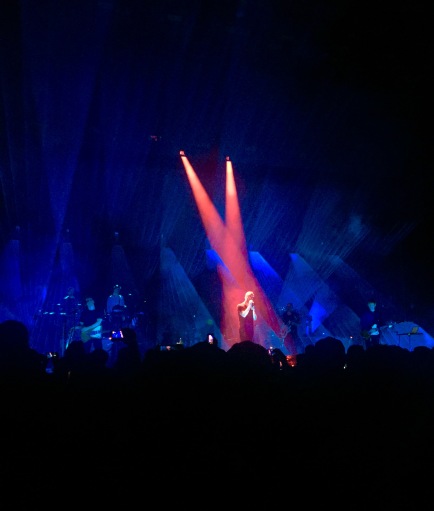
In high school, whenever a questionable racial issue occurred, outnumbered, I never thought to say anything. If anything, some strange self-preservation kicked in and a flood of embarrassment would rush over me, urging me to stay quiet in order to persevere.
In the park, at The National concert, I didn’t feel embarrassed. Nor was I afraid. My inner monologue was screaming, What the f*******ck? With one simple incident, I felt like I was forced to chug a can of The American Experience Lite: “Hey, Other. You can have the blue and gold passport, but don’t get comfortable. You’re not really supposed to be here. This Dream is not for you.”
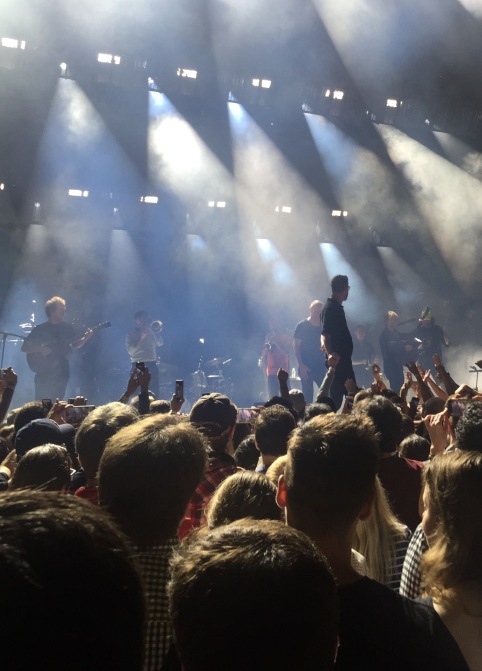
On the train ride home, amongst all the other concertgoers headed back to Manhattan, I sat memorizing sides for an audition the next day: “sometimes I feel like I’m stifling — you don’t know — stifling… Sometimes on the train I feel like I’m going to die…” Life is soooo funny… I wanted to escape that train car and be far away from everyone at the show. How could all these people who are supposed to care about racism be so unaware. Or maybe they didn’t care.
When you yourself are not in Du Bois’s cave. When you’re not friends with anyone in the cave. When you don’t sincerely love anyone in the cave, it is difficult to see — or believe — the cave matters, that caves exist. [5]
It’s not like I’m wholly innocent here. Of course I too have offended friends from varying cultural backgrounds or orientations with my ignorance. How I still have friends at all is a mystery. But occasionally, when I did offend, a friend chose to call me out. And because I loved them, I took what they said to heart. Love is eternally powerful like that.
It is worth noting that calling someone out is risky. Especially doing so in an environment where something is at stake or you fear for your safety, such as when you’re “the only one.” Silence often feels like the safest option. Indeed safer than shouts falling on deaf or hostile ears.
The world is literally burning, and I’m sitting at a desk, working a job that permits me to finance acting training and the luxury of writing screenplays. I often think, why am I doing this? Art is such fluff. I should be in school, getting a law degree or studying education policy or something. Policy makes change. Policy is how you write/right liberty and justice for all.
In early September, I attended a show featuring Tank and the Bangas (real women with LUNGS music) at Le Poisson Rouge. As I did my regular crowd scan, there were EDM boys, NPR dads, Afropunk girls, anyone and everyone dancing into their lives, there under the influence of the same sounds. How powerful music can be, art can be. Uniting, somehow impacting souls.
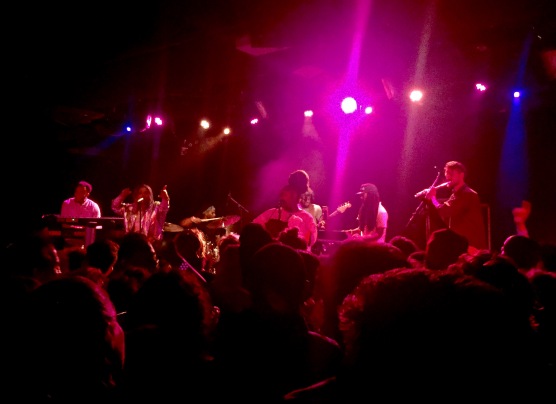
We could debate for days over the definition and purpose of art, but I think when art is done with intention, it helps us to truly see both ourselves and others, and when that happens, everyone gets to leave the cave and walk in the light. [6]
